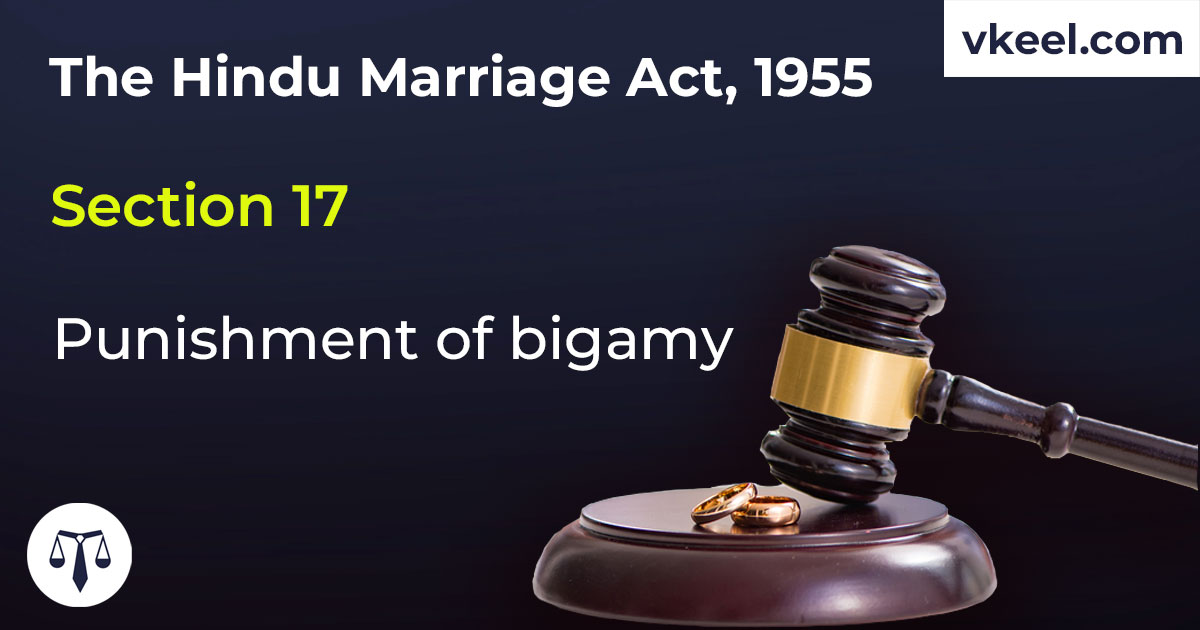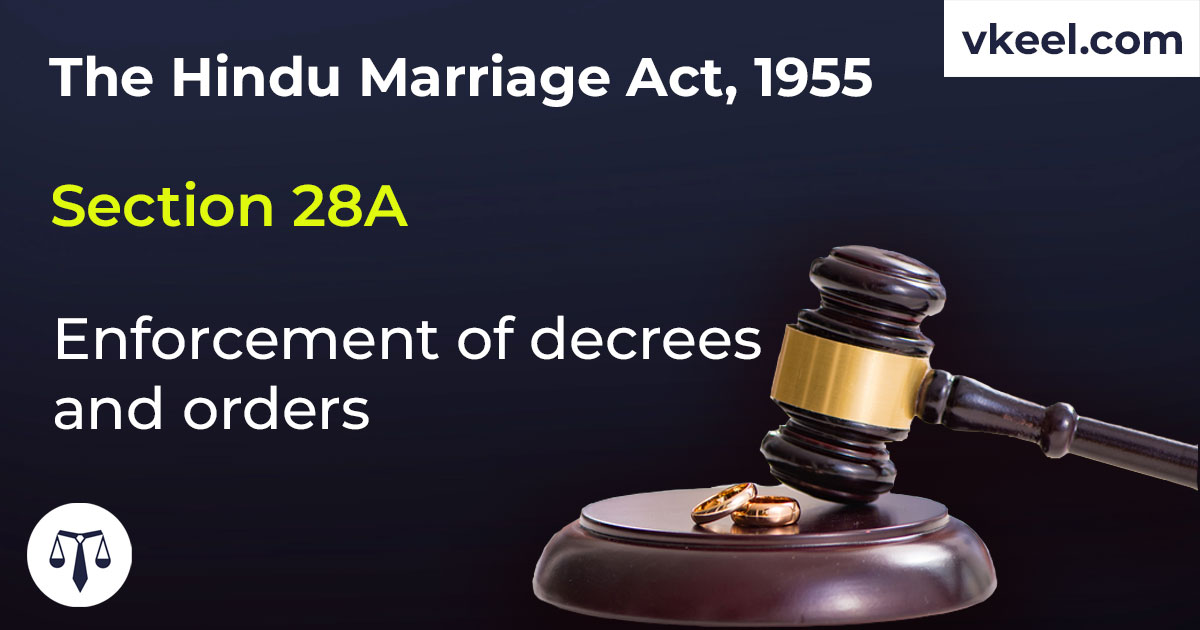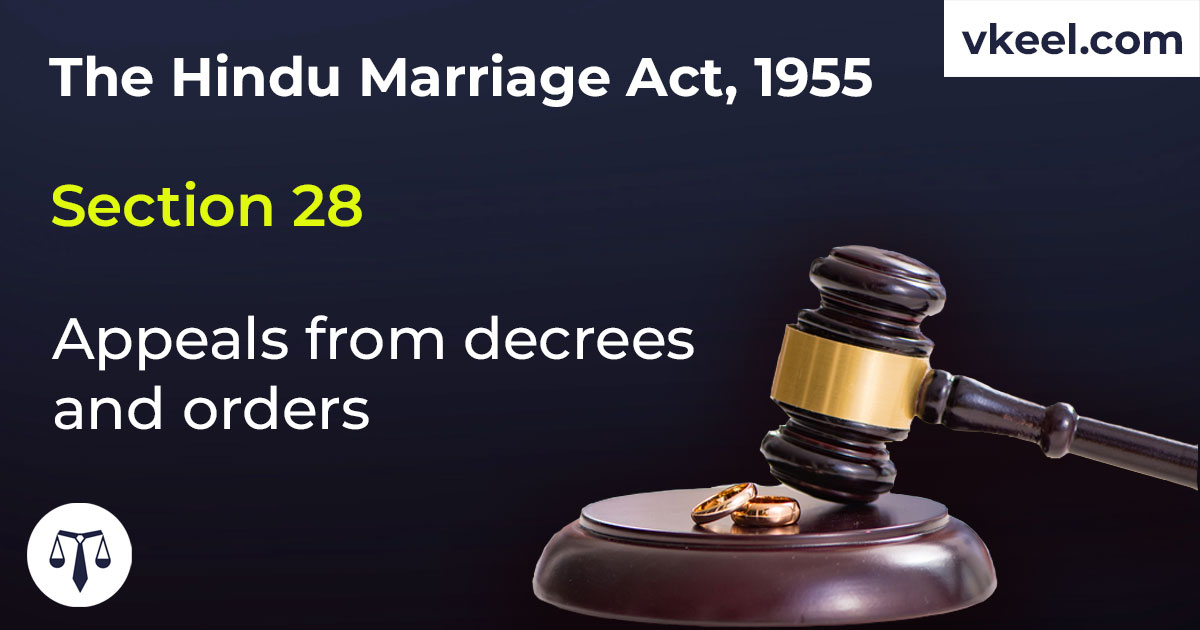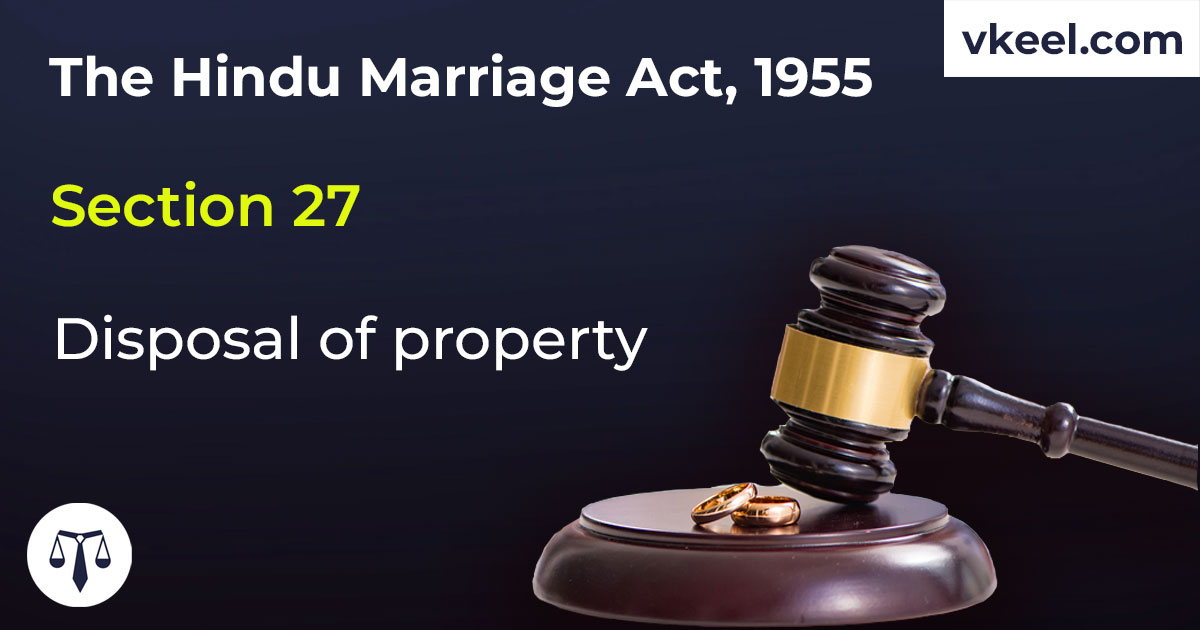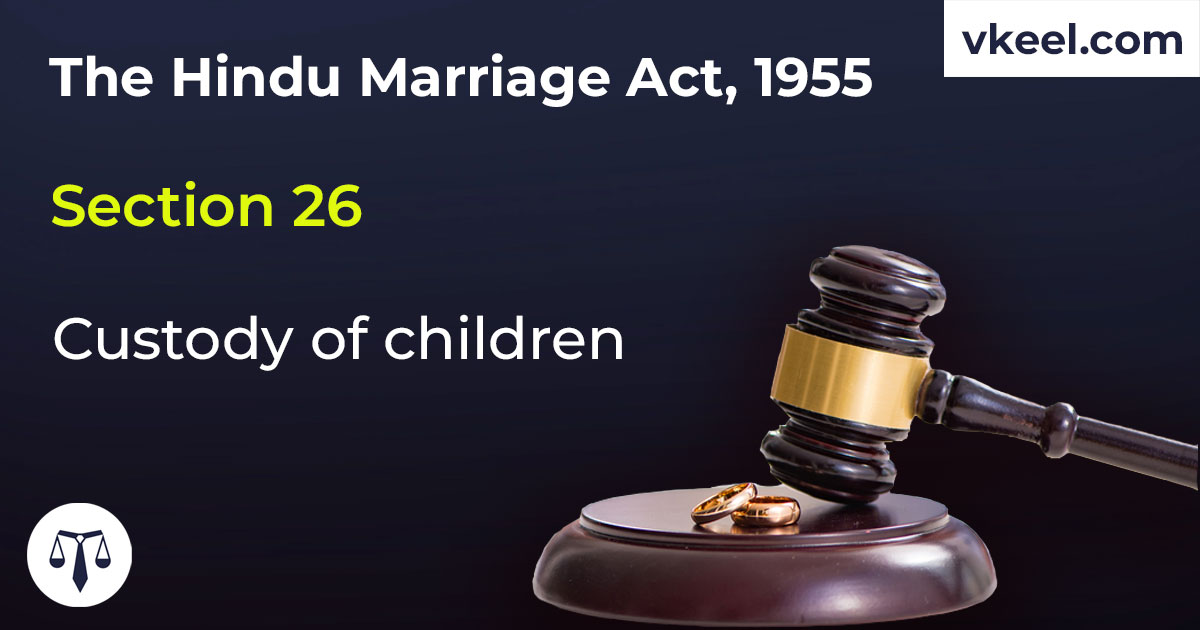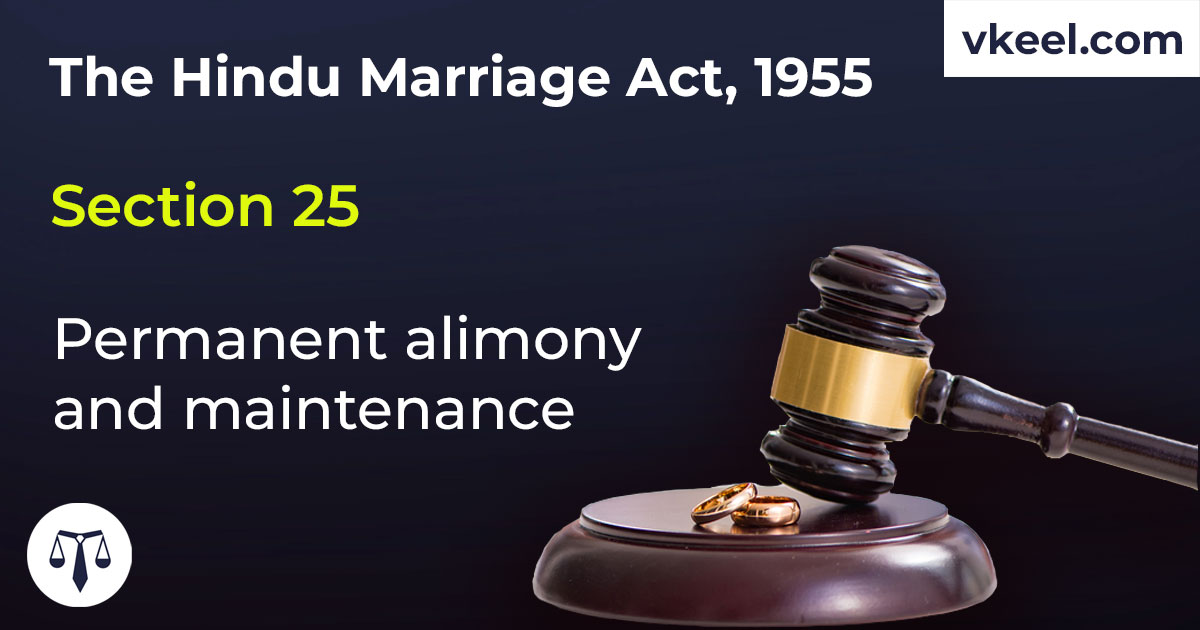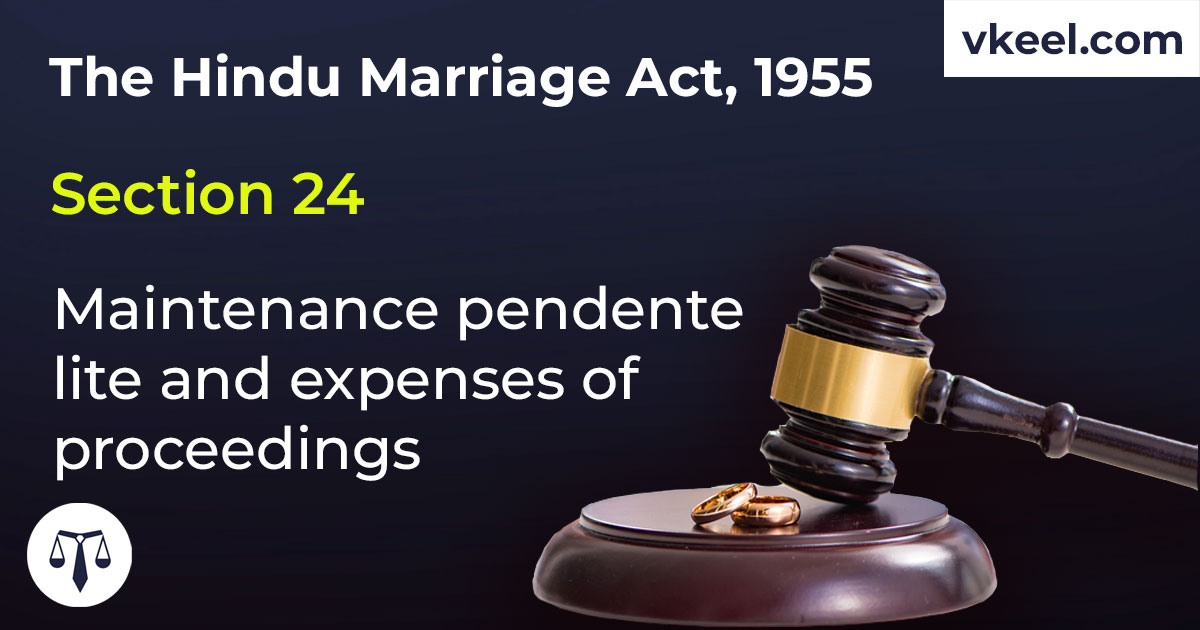Section 17 Hindu Marriage Act 1955 – Punishment of bigamy
By Vkeel Team
Description
“Section 17 Hindu Marriage Act 1955”
Any marriage between two Hindus solemnized after the commencement of this Act is void if at the date of such marriage either party had a husband or wife living; and the provisions of sections 494 and 495 of the Indian Penal Code, 1860 (45 of 1860), shall apply accordingly.
Consequences of Bigamy Under the Section 17 Hindu Marriage Act 1955
Bigamy is the practice of having two or more spouses at the same time, which is illegal in India under Section 17 Hindu Marriage Act 1955. This article will explore the consequences of bigamy under the Hindu Marriage Act 1955.
Under the Hindu Marriage Act 1955 bigamy is a punishable offence. Section 17 Hindu Marriage Act 1955 of the Act states that any person who has a spouse living at the time of the marriage shall be deemed to have committed the offence of bigamy. If found guilty, the person can be punished with imprisonment for a term which may extend to seven years, and shall also be liable to fine.
The consequences of bigamy are far-reaching. Firstly, any marriage that is entered into while one of the parties is already married is considered to be void. This means that the marriage is not legally recognised and the parties to the marriage do not have any legal rights or obligations towards each other.
Secondly, any children born out of such a marriage are considered to be illegitimate and do not have any legal rights or inheritance rights. This can have serious implications for the children, as they may not be able to access certain benefits or privileges that are available to legitimate children.
Thirdly, bigamy can have serious implications for the parties involved. If the offence is proved, the person can be punished with imprisonment and fine. In addition, the person may also face social stigma and ostracism.
Finally, bigamy can have serious implications for the family of the person involved. The family may face social stigma and ostracism, and may also be subject to legal action.
In conclusion, bigamy is a serious offence under the Hindu Marriage Act 1955 and can have serious consequences for the parties involved. It is important to be aware of the legal implications of bigamy and to ensure that all marriages are entered into legally and with full knowledge of the consequences.
Description Source: indiacode
Disclaimer:
The information provided in the article is for general informational purposes only, and is not intended to constitute legal advice or to be relied upon as a substitute for legal advice. Furthermore, any information contained in the article is not guaranteed to be current, complete or accurate. If you require legal advice or representation, you should contact an attorney or law firm directly. We are not responsible for any damages resulting from any reliance on the content of this website.

